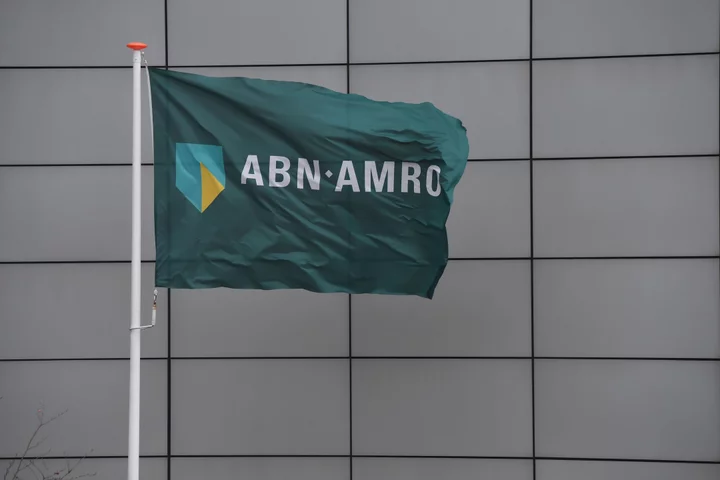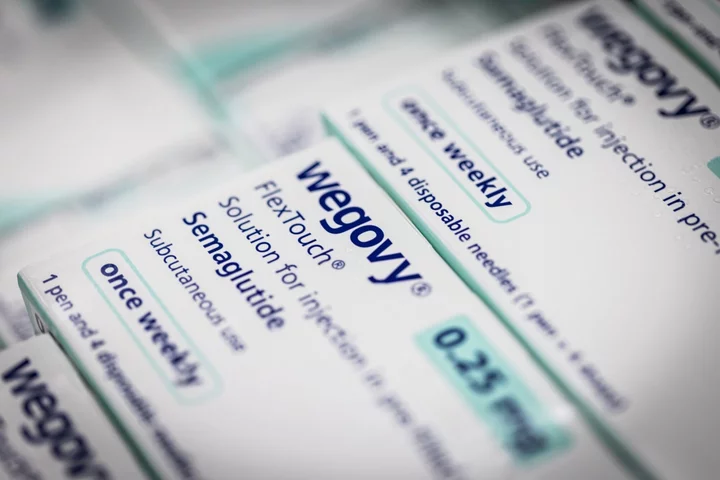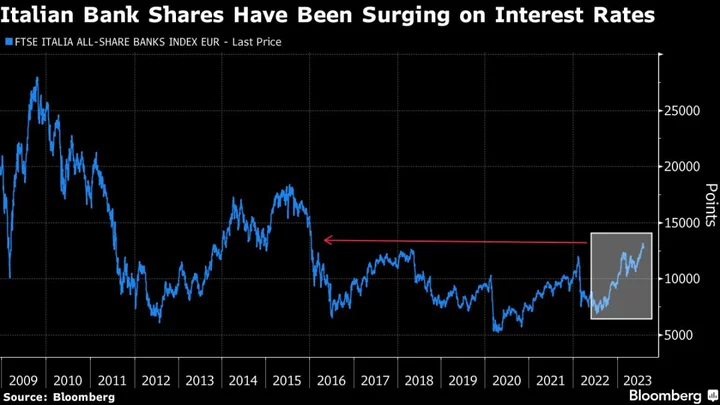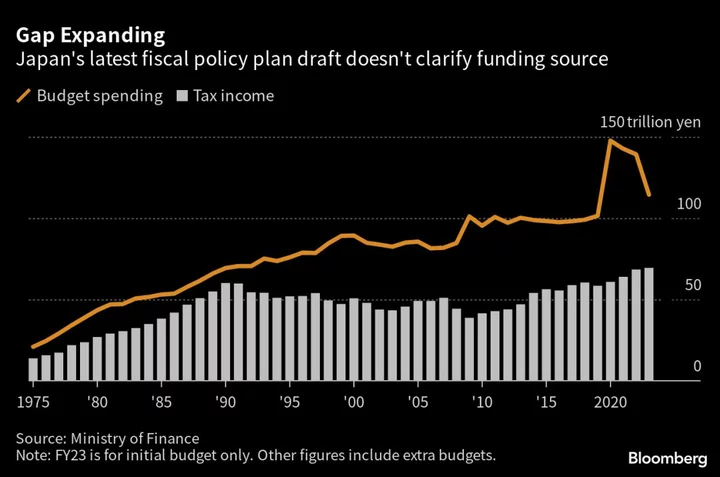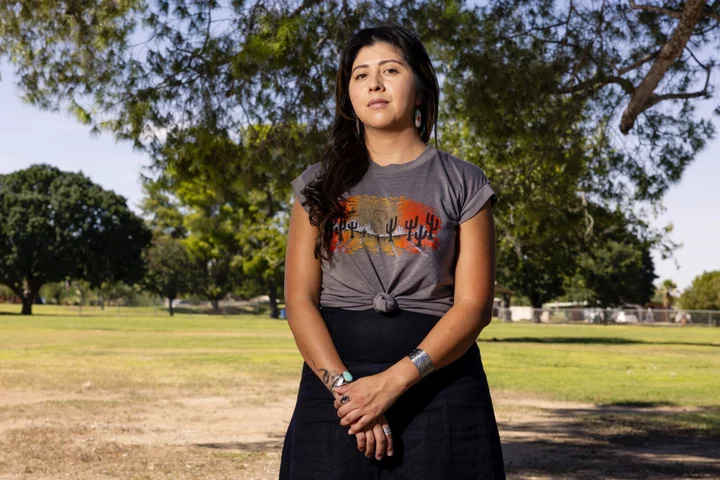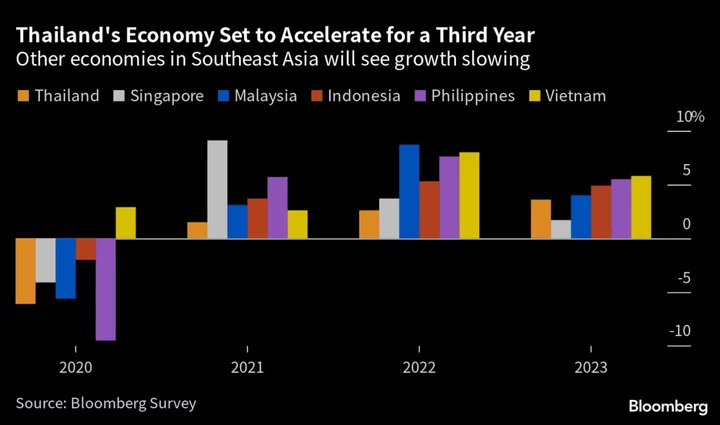ABN Amro Bank NV slumped as third-quarter net interest income missed estimates on weaker deposit margins.
The Dutch lender’s net interest income, the difference between what a bank earns from loans and pays on deposits, rose 20% from a year earlier to €1.53 billion ($1.6 billion), falling short of average analyst expectations of €1.65 billion. Deposit margins dropped from a previous quarter due to rising interest rates on savings accounts, the Amsterdam-based bank said on Wednesday.
ABN Amro shares dropped as much as 8.5% in Amsterdam, the most in nearly eight months. The stock was trading 7.2% weaker at €12.2 apiece as of 9:31 a.m. local time.
Meanwhile, net income rose to €759 million, higher than expectations of a profit of €579 million. The bank said impairment releases in the quarter amounted to €21 million, compared to estimates for loan loss provisions of nearly €100 million.
“Slowing economic growth contrasts with our strong business momentum,” Chief Executive Officer Robert Swaak said in a statement. “Demand for credit remains good and both our mortgage and corporate loan books increased,” he said.
European banks have booked higher profits in recent quarters after the European Central Bank increased interest rates to tame inflation. That has enabled many banks, including UniCredit SpA and cross-town rival ING Groep NV, to announce share buyback plans.
ABN Amro, which completed a €500 million share buyback in April, reiterated that it would update the market on its financial targets and payouts when it reports full-year results in February.
Third quarter profit included a €42 million gain from the sale of its life insurance business to NN Group, €73 million from the divestment of ABN Amro Pensioeninstelling as well as €60 million from the sale of the bank’s stake in MP Solar.
The lender will also have to contend with the Dutch government’s efforts to aid low-income households through higher taxes. Lawmakers in the lower house of the Dutch parliament last month approved an increase in a bank levy and decided to impose a tax on share buybacks. The senate is yet to vote on the proposal.
During the quarter, the Dutch government cut its stake in the bank to just below 50%. The Netherlands, which bailed out ABN Amro at the height of the financial crisis, last month estimated that the move has set the state back by €6.7 billion.
(Updates with shares)

